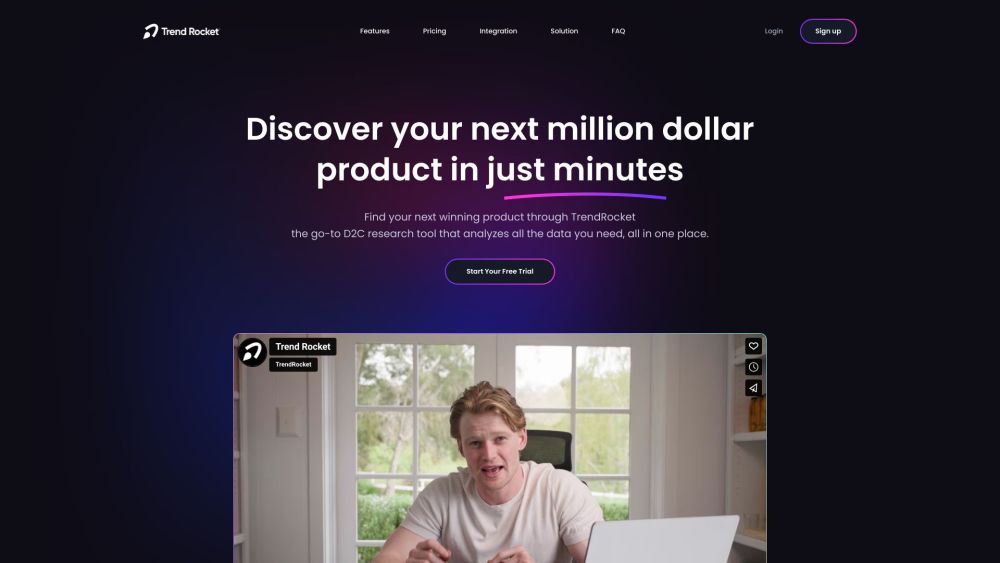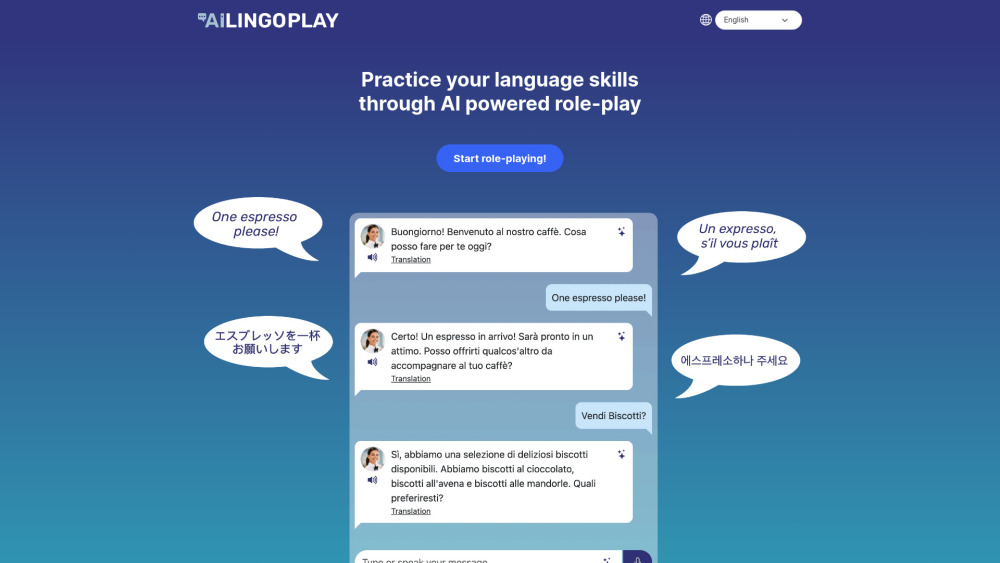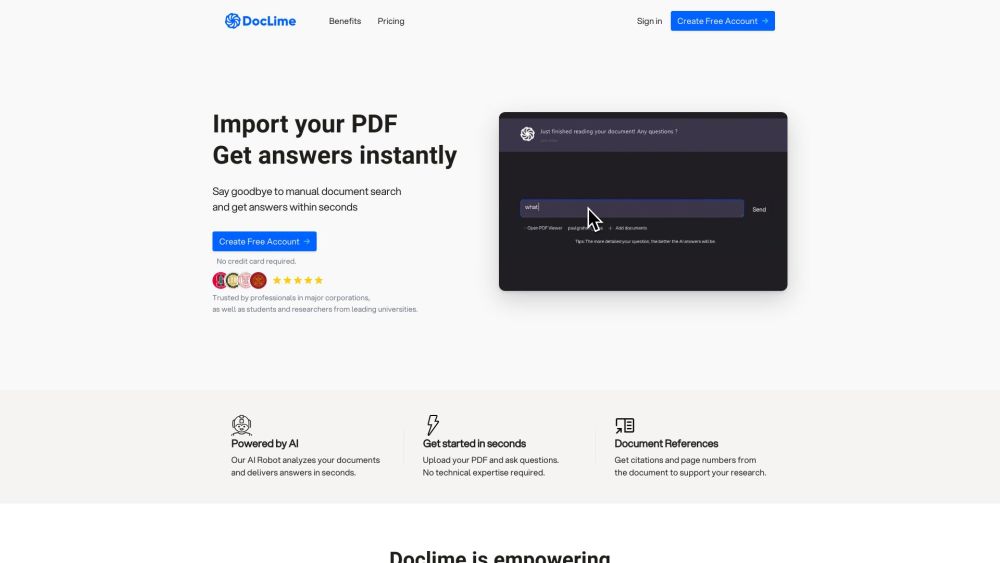On May 3, Lior S, a former researcher at Mila and MIT lecturer, announced that OpenAI has created a subdomain, search.ChatGPT.com, as indicated by its latest SSL certificate logs. While the site is currently inaccessible, this move signifies OpenAI’s intention to venture into the search engine market, possibly competing with industry leader Google. Recently, OpenAI updated its homepage to feature a search bar with the tagline, "Ask ChatGPT anything," further hinting at this direction.
These developments align with reports indicating that OpenAI is developing a web search engine powered by ChatGPT. Credible sources suggest that OpenAI will make a significant announcement on May 9 at 10 AM ET, strategically ahead of Google's annual "Google I/O" conference on May 14. This timing suggests OpenAI aims to capture attention away from Google's event.
The initial reports of OpenAI collaborating with Microsoft’s Bing to create a competitive search engine emerged in February. Currently, Google leads the search engine market with around 90% share, while Bing, Yahoo, Baidu, and Yandex round out the top five. Despite Google’s long-standing dominance, OpenAI’s new initiative could pose a serious challenge.
Google has faced criticism for excessive advertising, with users reporting that ads often dominate search results. This abundance of ads, combined with frequent dead links and outdated information, detracts from the user experience. Furthermore, Google’s reliance on keyword matching limits its understanding of context, resulting in frustratingly imprecise searches. For instance, a search for "apple" might pull up irrelevant results related to both the technology company and the fruit.
OpenAI’s forthcoming personalized search features aim to enhance user experience by providing tailored results based on individual interests and viewing habits. However, this could lead to "filter bubbles," where users are presented primarily with information that aligns with their existing viewpoints, potentially reducing exposure to diverse perspectives. Google’s personalized search has also triggered privacy concerns due to its heavy reliance on user data collection.
In terms of AI reliability in search engines, Bing, now branded as Copilot, has seen significant growth thanks to its integration with OpenAI’s GPT-4 model, attracting over 100 million users. This marks a notable acceptance of AI-enhanced searches. Furthermore, the success of Perplexity AI, which recently raised $62.7 million and has a valuation of $1.04 billion, highlights the growing potential of AI-driven search solutions.
Perplexity offers a user-friendly search box similar to Google, allowing users to ask questions like, "How can I recover quickly from a cold?" and presents trustworthy sources in response. It also generates images and videos, akin to some features of Bing.
As OpenAI prepares to officially enter the search engine market, all eyes are on how Google will react to this emerging competition. The coming weeks promise to bring exciting developments.





